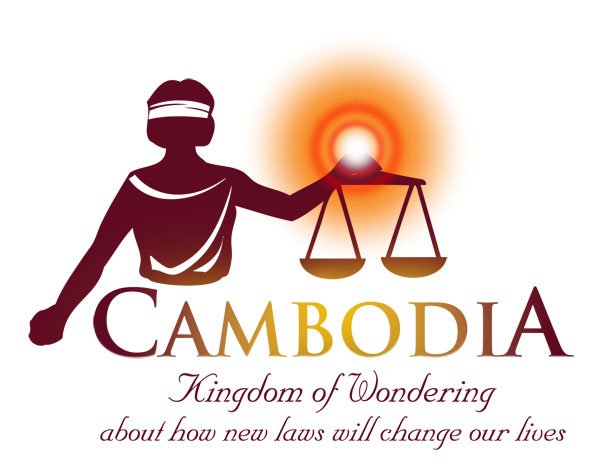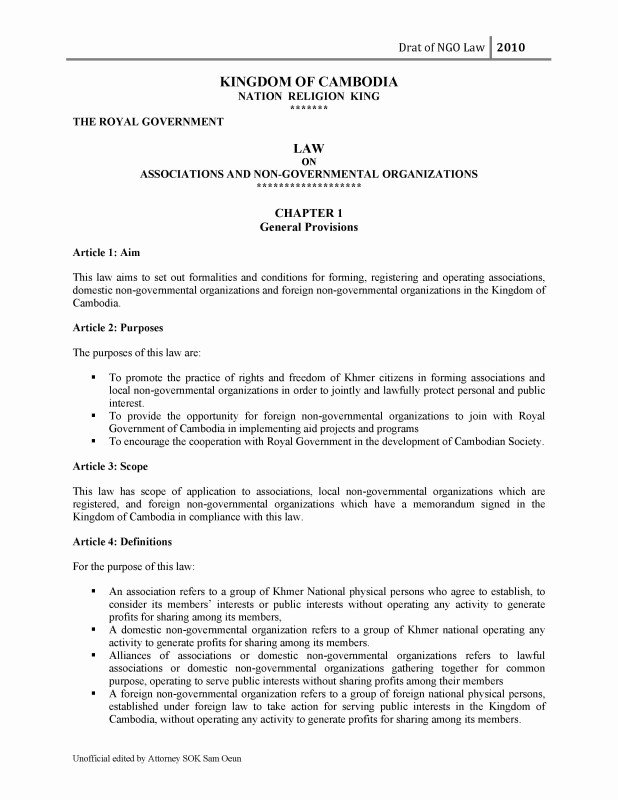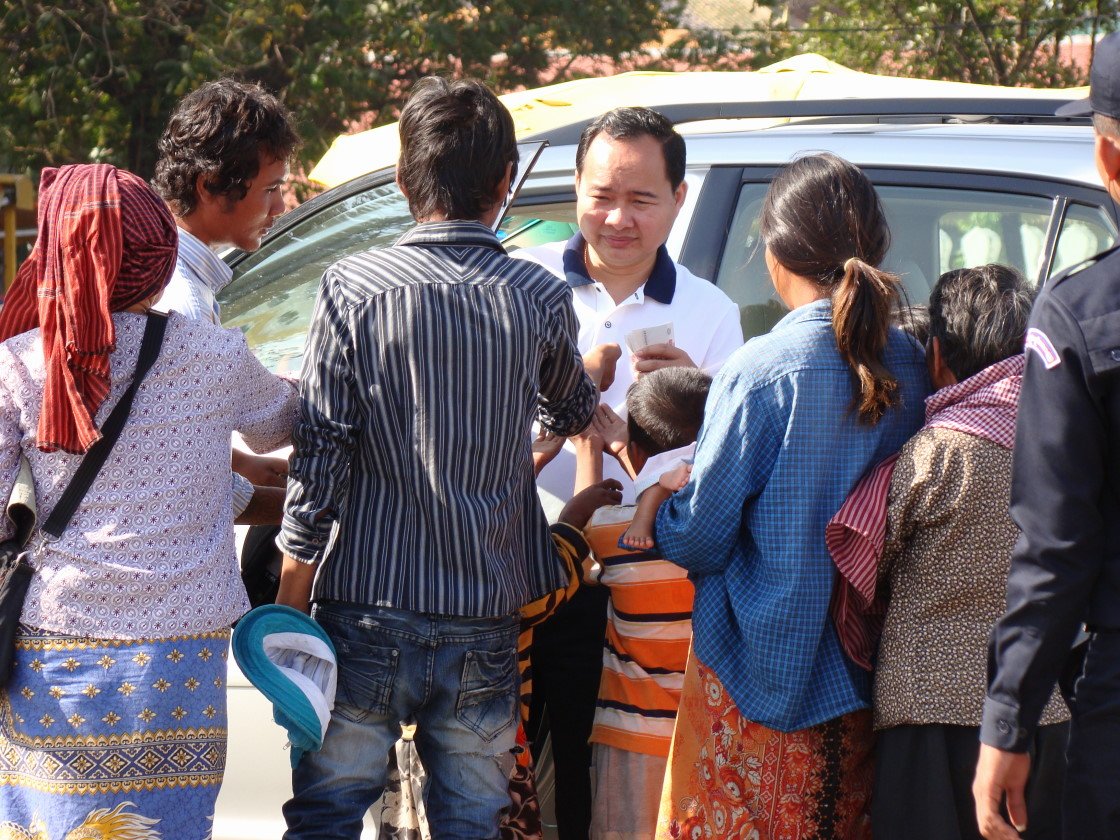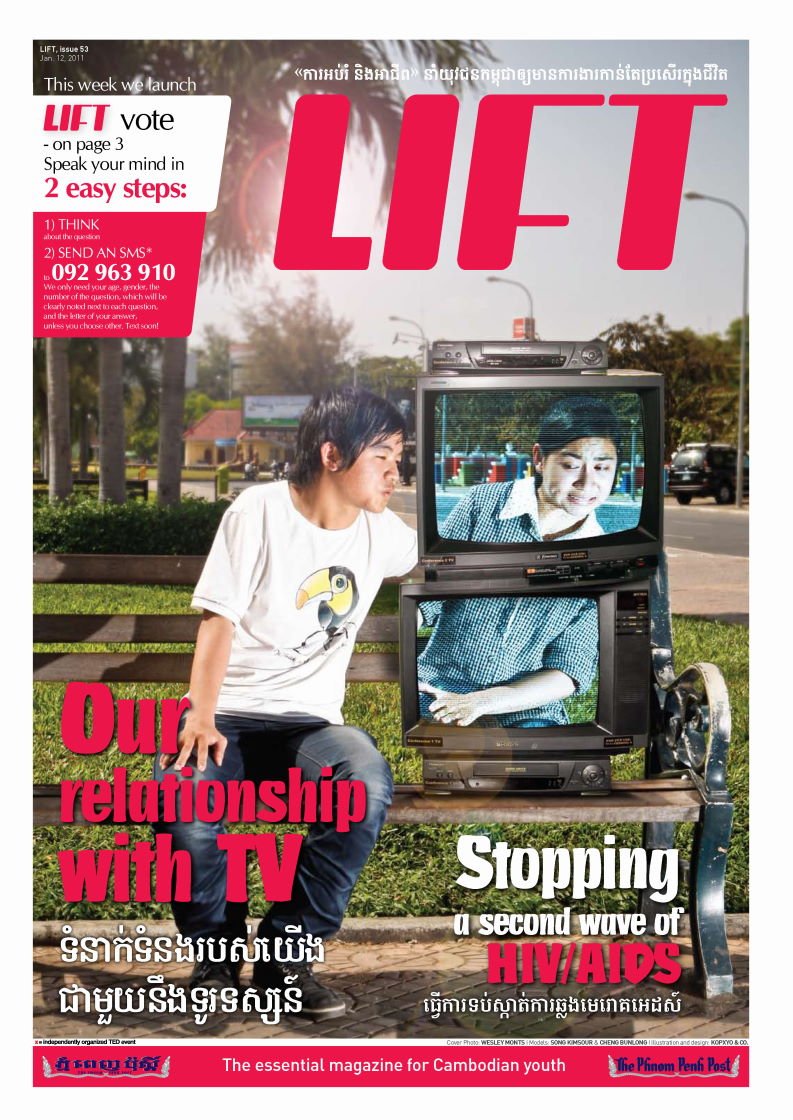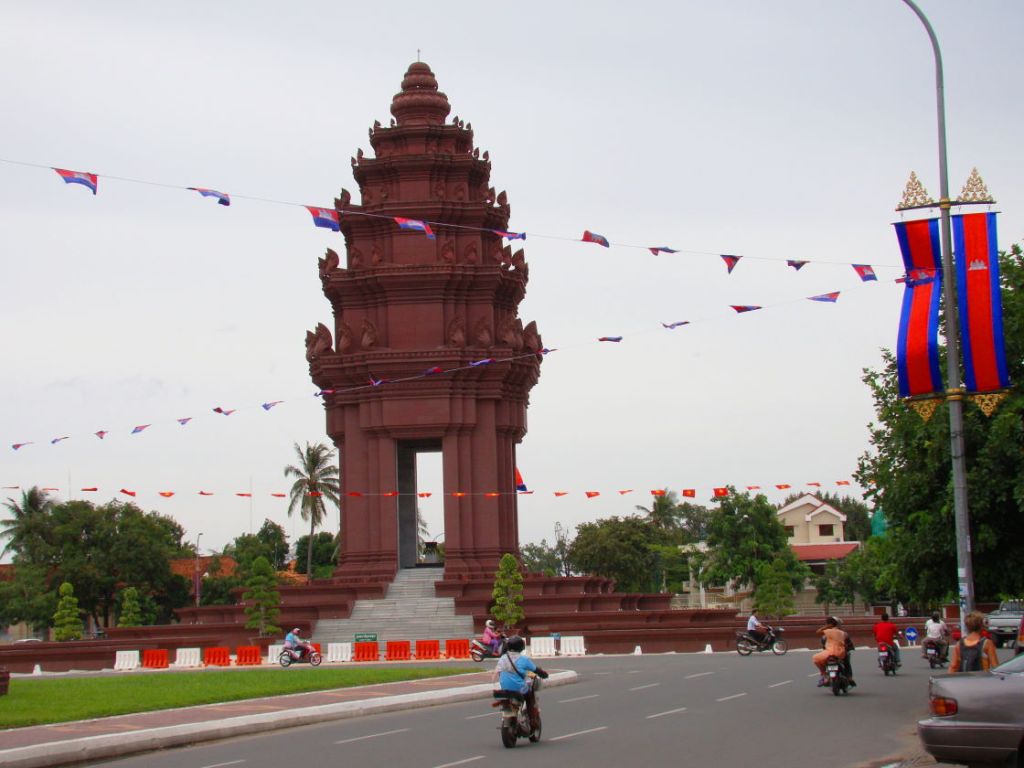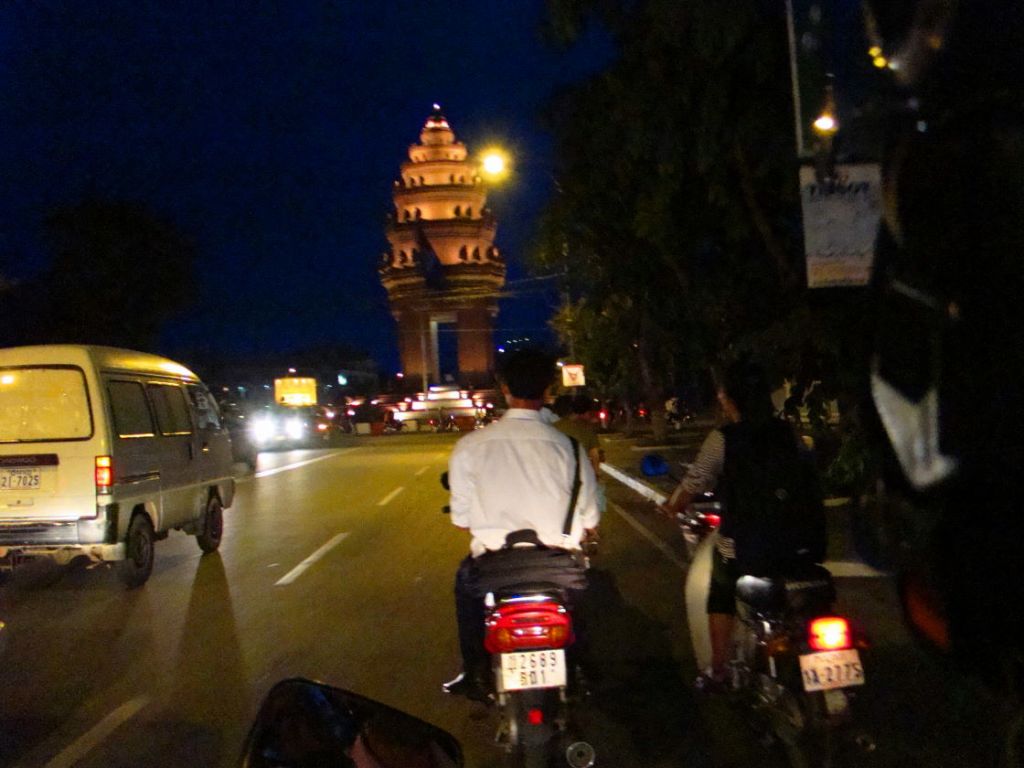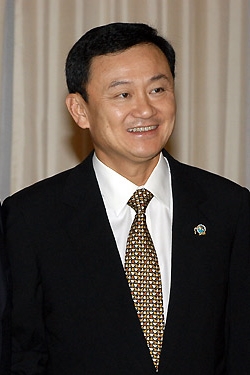Road blocks aren’t just an annoyance, they are also standing in the way of developing a safer and more modern city.
The traffic in Phnom Penh city is getting heavier every day because of the growth in the population and the fact that more people now own vehicles. Traffic jams usually happen when people leave their houses for their workplace in the morning and when they return home in the evening.
You might be late for class or work and fail to withstand the stress of getting stuck on the road. Even emergency vehicles like ambulances and fire trucks, when every second counts, are sometimes caught in bad traffic because people cannot move aside easily to free up some space for these vehicles. Imagine if a seriously injured person was in an ambulance waiting to get to hospital or people were waiting for the fire brigade to help them put out a fire. There are a lot of factors that contribute to traffic congestion.
One thing that is usually unreported is roads being blocked when there is a celebration like a wedding. Sometimes they block only half the road and leave some spaces for vehicles, but there are also times when they block the whole road. Even though it’s not a main road, every road is linked. For example, when there are a lot of vehicles on a main road, people can turn off and use a smaller road, but what happen if these roads are blocked for a party? I have seen two wedding parties being celebrated on the opposite sides of a road which was completely blocked. People get struck in a traffic jam because they cannot turn to right or left.
Wedding ceremonies usually take place in front of the bride’s house. They turn the road into a dinning and cooking area. In the countryside where it is not so crowded and there are not so many vehicles this is not a problem.
Nowadays city people not only ask permission to celebrate a party, but they also ask permission to block the road. I think this should be reconsidered in a city where millions of people are living and the numbers of vehicles keep increasing. I think if people want to throw a party and there is no free space inside their house, they should consider celebrating at a restaurant or rent a building.
Putting small business of parking vehicles on the footpaths also contributes to congestion in the city. According to the law on land traffic adopted by the National Assembly on December 20, 2006, Article 5 of the law states that “sidewalks are not allowed for vehicles to park.”
However, the sidewalks are still being used as parking places when customers want to go in and buy goods from stores along a road. So far there has been some action taken by Phnom Penh police against people doing business on the sidewalks, but it has not been very effective.
In an article published on The Phnom Penh Post on January 14, 2010, police fanned out across Phsar Kandal I commune to inform shopkeepers and street venders that they could no longer block the area’s pavements and roadways with their displays, and threatened to confiscate the goods of offending merchants.
In an interview Hem Him, Phsar Kandal I commune’s chief of police, said “the commune’s new policy on sidewalks and road use is part of the Phnom Penh municipality’s plan to widen the city’s streets and avoid the congestion caused by venders using streets as their own land”.
In addition, some people who usually travel with their carts selling goods along the roads just park when they find customers and they also make the traffic worse.
There is also the issue of people using their mobile phones while driving. For motorcycle riders, they sometimes place the phone next to their ear inside their helmet so they can hide from traffic wardens, while car owners usually drive with one hand on the wheel and a phone in the other hand. Even though their activities can sometimes be hidden from the traffic police, they cause trouble to other people.
When people focus on talking on their phone, they drive their vehicles carelessly, sometimes fast and sometimes slow. This not only can cause traffic jams, but can also cause accidents and as a result, some innocent people might be injured by them.
As noted by government, NGOs and other relevant agencies, casualties from road accidents are now the second leading cause of death in Cambodia. Among the leading causes of traffic accidents, the first is human error followed by bad roads, vehicle defects and weather conditions.
Some factors mentioned above are manmade, meaning that the authorities and citizens can help eliminate these things, so why we don’t try together to improve the traffic in the city we live in.
By: Dara Saoyuth This article was publish on LIFT, Issue 62 published on March 16, 2011